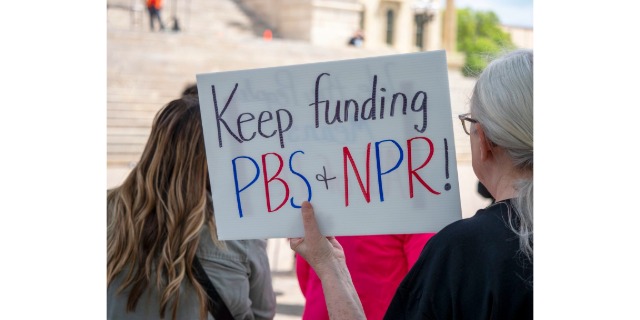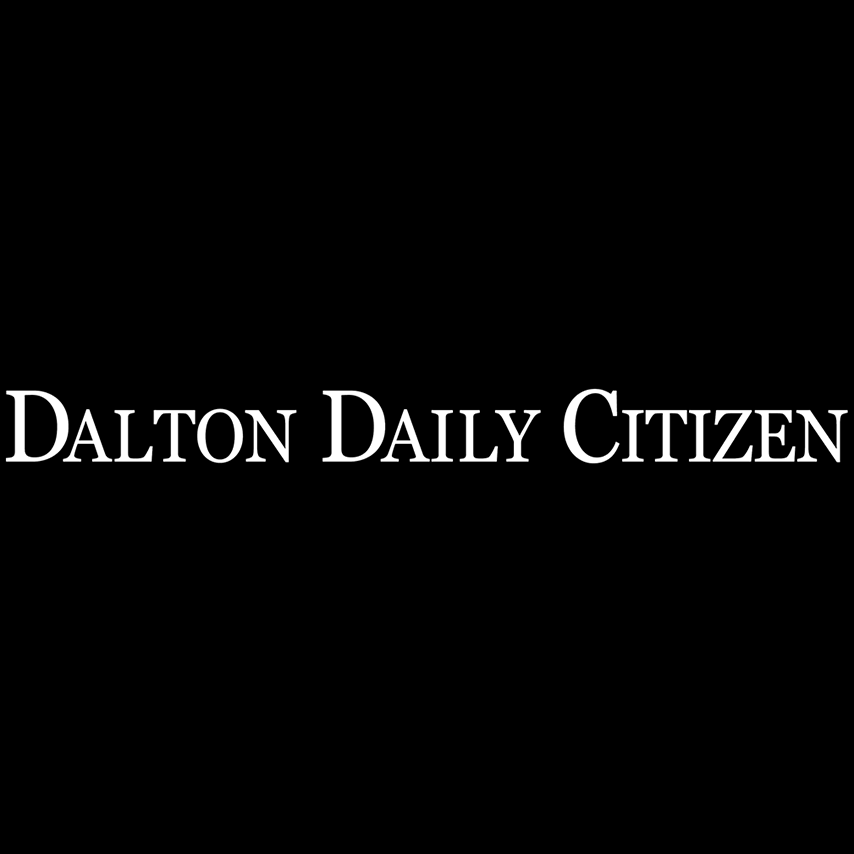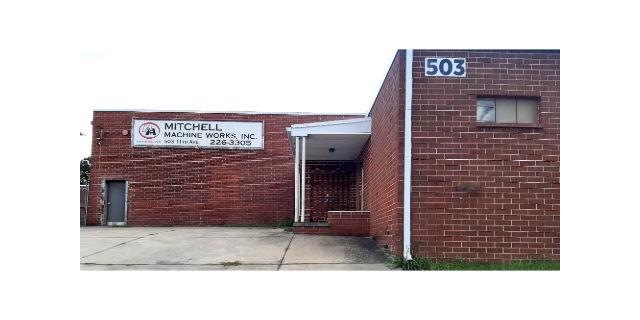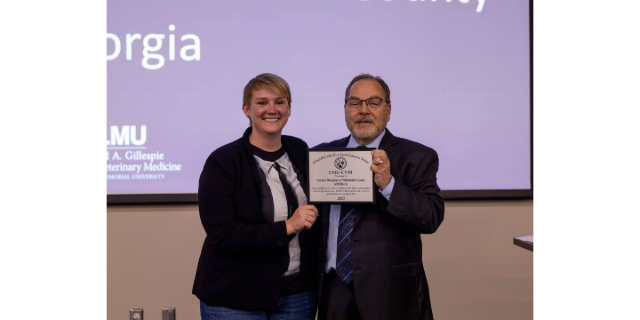WABE, GPB turn to local listeners following federal funding cuts to public media
Published 8:30 am Tuesday, July 29, 2025

- A protester holds a sign in support of funding for public media during a May 1 rally at the Kansas Statehouse in Topeka as part of a 50501 national day of action. (Sherman Smith/Kansas Reflector via Georgia Recorder)
Does Atlanta value its public media outlets?
If this week’s funding drives offer any insight, that answer is a resounding yes.
WABE, Atlanta’s local NPR affiliate, raised half a million dollars in its first week of fundraising since Congress voted to claw back $1.1 billion in federal funding that had already been approved for the Corporation for Public Broadcasting, according to president and CEO Jennifer Dorian.
Trending
The CPB provides federal funds to organizations like National Public Radio, the Public Broadcasting Service, and local public media stations across the country. During the most recent fiscal year, Georgia received nearly $6.6 million in CPB grants. That money went to five different stations across the state: WABE, Georgia Public Broadcasting, WCLK, WJSP and WUGA.
The bill, which in addition to slashing public media funding also eliminates $8 billion in foreign aid, cleared the House last Friday by a 216-213 margin. All nine Republican members of the Georgia delegation voted in favor of the bill, and the state’s five Democratic House members voted against it. Georgia’s two senators, both Democrats, also voted against the legislation, which passed in a 51-48 vote in the Senate. President Donald Trump signed the bill into law Thursday.
But critics have warned about the devastating impact the funding cuts could have on rural Americans, particularly those who live in news deserts. Holes in local broadcast coverage could also become more glaring during severe weather events such as hurricanes, when prolonged power outages could restrict access to other types of news.
“Radio is one of the most effective and affordable means of communication that humans have,” Dorian said. “In a case of an extreme weather event or in any kind of emergency, people are super reliant on radio broadcasting.”
WABE, which serves 258,000 listeners per week, is now expecting a $1.9 million shortfall this year, which constitutes 13% of its budget.
For GPB, which operates nine public television stations across the state and was slated to receive $4.2 million from CPB this year, federal funding accounts for 10% of their revenue. They also receive funding from Georgia’s state budget, as well as from donors.
Trending
“GPB leadership anticipated a rapidly changing federal funding environment and in response, has conducted careful scenario planning in preparation for multiple outcomes,” GPB said in a statement this week. “We are grateful to the Georgia General Assembly for providing level funding for this year and thankful for our many loyal donors across the state and beyond.”
WABE has launched an emergency fundraising drive in response to the new law, hoping that Georgia residents will be able to help make up the remainder of the funds. GPB has not announced an emergency fundraising drive, but has highlighted federal funding cuts in emails sent to donors, and is encouraging their audience to support their work.
“GPB is always in fundraising mode, and while we don’t have any special campaigns running, we are reminding donors of the low barrier to entry for supporting public media,” GPB President and CEO Bert Wesley Huffman said in a statement. “Our strength is in numbers. GPB has nearly 90,000 donors, but there are 11 million Georgians who benefit from our services every day.”
Though the money raised by WABE is not yet enough to fill the organization’s $1.9 million funding gap, Dorian said it’s a strong start.
“We still have a ways to go, as you can imagine, and we are counting on everyone in Atlanta to chip in, whether it’s a small amount or a large amount,” Dorian said.
But amid all the chaos, she has found an unlikely silver lining.
“This is not going to be a public-private partnership anymore,” she said. “This is now going to be 100% community funded, which also makes us a 100% independent newsroom.”





